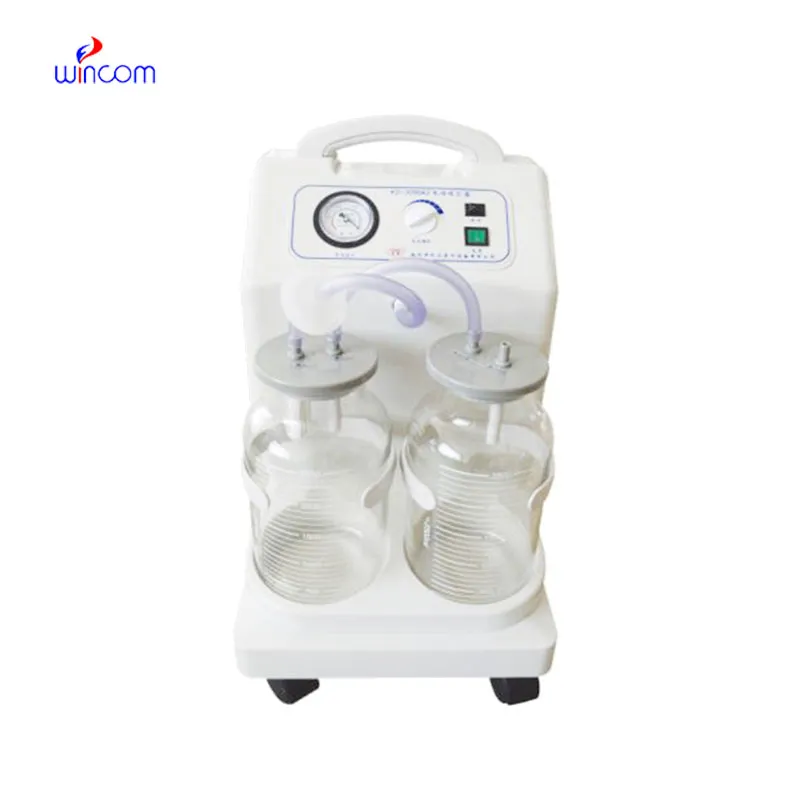
With multi-layer coated optics, the centrifuge for blood delivers better light transmission and image contrast. Ergonomic design allows for comfortable long-term use. The smooth stage movement and fine focusing system provide sensitive slide control for accurate analysis. The centrifuge for blood can be used with image capture systems for recording and sharing information, supporting both live observation and digital research workflows in the classroom and lab.

The centrifuge for blood plays a significant part in modern labs, supporting research as well as applied analysis. In drug analysis, it facilitates critical study of drugs and drug crystallization. The centrifuge for blood is applied in environmental research to analyze aquatic microbes and assess pollution impacts. Educators use it to enrich laboratory demonstrations of the complexity of plant and animal cells. Engineers apply the centrifuge for blood to investigate the integrity of material surfaces, supporting product innovation and development across industries.

In the short term, the centrifuge for blood will be a networked and completely digital platform. Integration with AI-powered recognition systems will make automated cell, material, and organism recognition possible. Cloud storage will allow easier information sharing and archiving. The centrifuge for blood is set to embrace holographic and super-resolution techniques, allowing researchers to see structures at the molecular scale. This technology will open new fields in diagnostics, nanoscience, and education, which will expand the use of microscopic observation across industries.

In order to function perfectly, the centrifuge for blood need to be treated with care and serviced regularly. Keep the optical path dust- and fingerprint-free with clean, lint-free cloths. Don't use aggressive solvents on lenses, which will ruin coatings. The centrifuge for blood should always be capped when not in operation to prevent airborne particles from settling inside. Avoid drastic temperature changes that can induce condensation on optical elements. Routine care, like alignment and cleaning, helps prolong the life of the instrument.
With a centrifuge for blood, human man can explore the microcosm with unprecedented clarity. The instrument magnifies small samples so that exact study can be conducted in laboratories, clinics, and schools. The centrifuge for blood recognizes cell morphology, bacterial cultures, and intricate material surfaces. Although optical and electronic technology has been enhanced, the centrifuge for blood of today's time offers more magnification, image stability, and integration into digital media for efficient data registration and perception.
Q: What is the lifespan of a microscope? A: With proper care and maintenance, a microscope can last for many years, providing consistent optical performance and stability. Q: How does the objective lens affect image quality in a microscope? A: The objective lens determines magnification and resolution; high-quality lenses produce sharper, more accurate images of specimens. Q: Can a microscope be used to view live specimens? A: Yes, many microscope models support live-cell observation, allowing users to study biological processes in real time under controlled conditions. Q: What is the function of the condenser in a microscope? A: The condenser focuses light onto the specimen, enhancing illumination and improving contrast for clear image viewing. Q: How should a microscope be transported safely? A: Carry the microscope with both hands—one under the base and one on the arm—to prevent damage or misalignment of delicate parts.
The hospital bed is well-designed and very practical. Patients find it comfortable, and nurses appreciate how simple it is to operate.
The microscope delivers incredibly sharp images and precise focusing. It’s perfect for both professional lab work and educational use.
To protect the privacy of our buyers, only public service email domains like Gmail, Yahoo, and MSN will be displayed. Additionally, only a limited portion of the inquiry content will be shown.
We are planning to upgrade our imaging department and would like more information on your mri machin...
I’d like to inquire about your x-ray machine models. Could you provide the technical datasheet, wa...
E-mail: [email protected]
Tel: +86-731-84176622
+86-731-84136655
Address: Rm.1507,Xinsancheng Plaza. No.58, Renmin Road(E),Changsha,Hunan,China